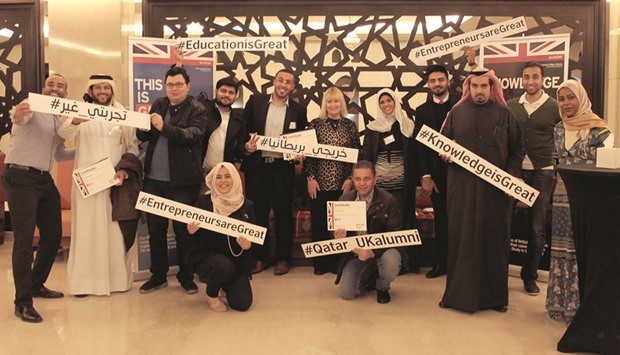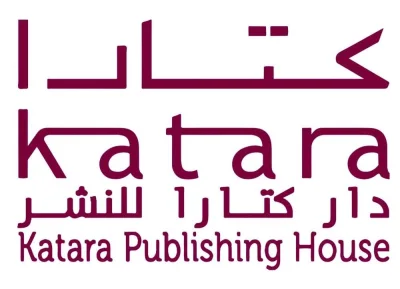In a bid to promote lifelong learning and support the Qatar National Vision, the Qatar-UK Alumni Network recently presented its much sought-after ‘Positive Influencing Skills’ workshop in Doha to a fabulous response.
For UK alumni in the GCC, Doha marks the first stop of the 5-city skills development tour. British Council Qatar hosted its annual course for the Qatar-UK Alumni Network on ‘Positive Influencing Skills,’ enabling participants to influence customers, stakeholders, clients and colleagues to get the results they want using persuasive communication techniques.
Launched in the presence of the Prince of Wales and HE Dr Mohammed bin Saleh al-Sada, Minister of Energy and Industry, the Qatar-UK Alumni Network has offered its members a comprehensive programme of activities and events to encourage lifelong learning and a community of people that are passionate about learning and contributing to the 2030 National Vision of Qatar.
Dr Frank Fitzpatrick, Director of British Council in Qatar, explained, “It is essential to enable our alumni to realise their potential and contribute to building sustainable knowledge-based economies.”
There are several interesting impact stories from the skills workshop. Tahani al-Hajri, writer, traveller and lifestyle blogger from Qatar, said, “The best thing about the workshop were the real-life activities that can be used in workplace and business world. I learnt not to assume that I know others really well; I have to know them and understand them first. As for the skills the next generation in my country needs the most, I would say it’s about how they can reach their dreams and get what they want by learning influencing skills.”
Ayed Bani Baqash, Lead Electrical Engineer, Qatar Petroleum, said that the best thing about the workshop was to learn about the AIDA (Attention, Interest, Desire and Action). When asked what did he learn that he thought he could use in his career, Baqash said, “That would be how to apply involvement and reason in my work. As for the skills the next generation in my country needs the most, I would say communication, influencing and presentation skills.”
Positive feedback was in no short supply. Describing his experience about the event, Mohammad Yaisar, Service Sales Engineer, ThyssenKrupp Elevators, said, “Excellent. I learned more about body language, trust, 3Vs and four influencing techniques.”
Shimous Shams Eldin, Patient Safety Specialist, Ministry of Public Health, said that he enjoyed the well-organised event. “This offered me a good chance to meet new people from my field. I learnt new skills from the instructor and other participants as well.”
Nadeem Shameem, Senior Civil Engineer, Qatar Petroleum, said, “I learnt a lot of interesting techniques in the field of persuasion and influence, it was very interesting.” Hamad al-Hanzab, Lead Change Management, Qatar Foundation, said, “It was a great experience for me.”
Interestingly, the UK is the most recommended destination by international students among its competitors, and studying in the UK costs the least among the top 3 English speaking destinations. A majority of international students choose the UK for STEM, Business and social studies subjects with creative subjects not far behind. Around 664,000 students study for UK qualifications outside of the UK, this number has risen 70 per cent since 2008-09, and the vast majority are studying for a first degree.
The British Council is the UK’s international organisation for cultural relations and educational opportunities. It creates “friendly knowledge and understanding between the people of the UK and other countries”. Using the UK’s cultural resources, it seeks to make a positive contribution to the countries it works with – changing lives by creating opportunities, building connections and engendering trust. “We work with over 100 countries across the world in the fields of arts and culture, English language, education and civil society. Each year we reach over 20 million people face-to-face and more than 500 million people online, via broadcasts and publications,” says the British Council in a note on their organisation.
Of its many initiatives, the British Council has also rolled out a comprehensive Intercultural Fluency programme which teaches professionals “the understanding and techniques they need to work, communicate and collaborate more effectively with people from different cultures”. A welcome break from the theoretical monotony, Intercultural Fluency classes are interactive and free-flowing, packing in everything from self-evaluation, mindful introspection, a deepened sense of respect for others’ cultures and values, and a close dialogue with fellow classmates that serves as a springboard for one’s ideas and opinions on matters of propriety, poise, and sensitivity, while dealing with the most basic of conversations to the most complex of discussions.

Some of the participants at the event.


